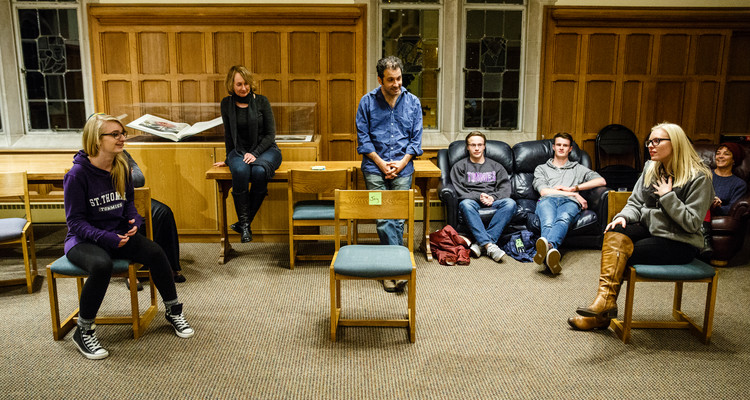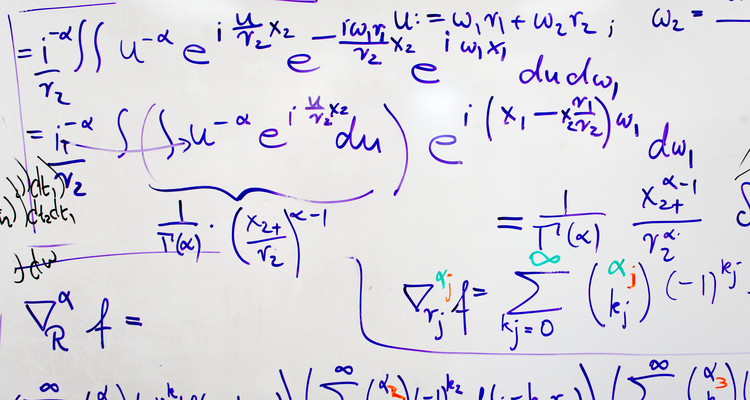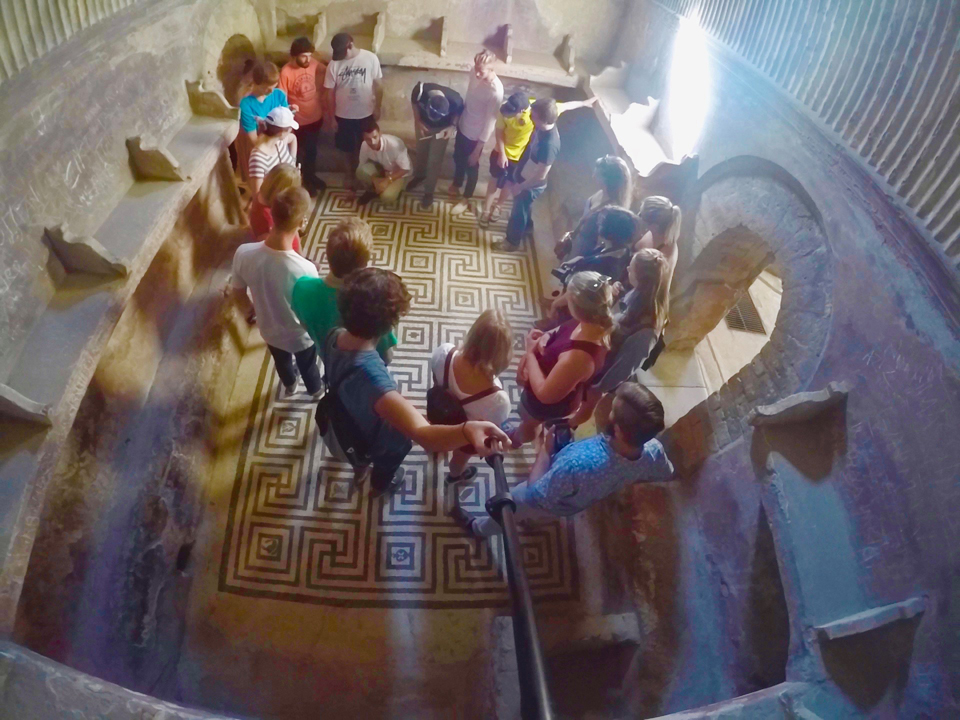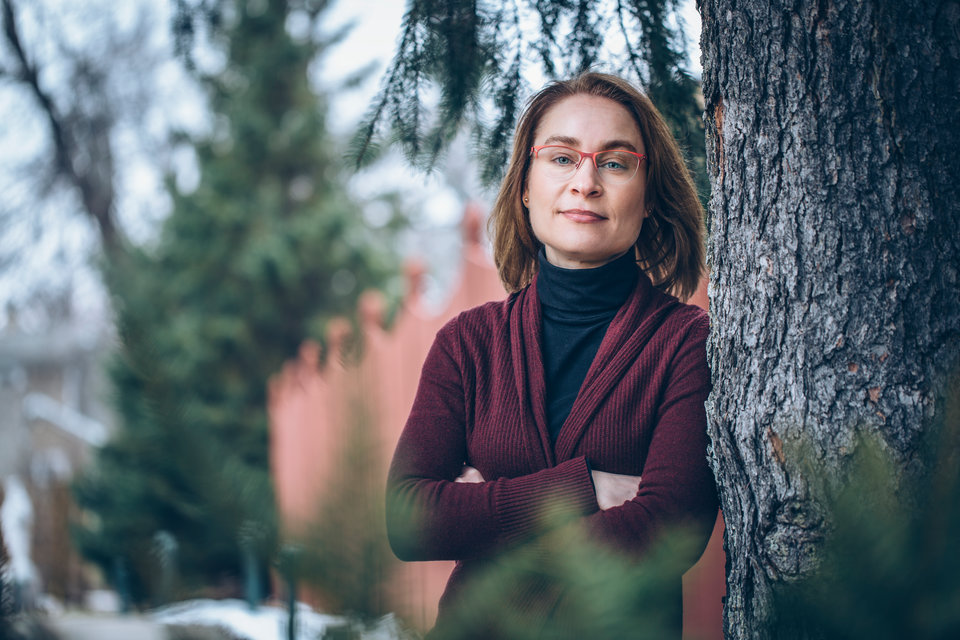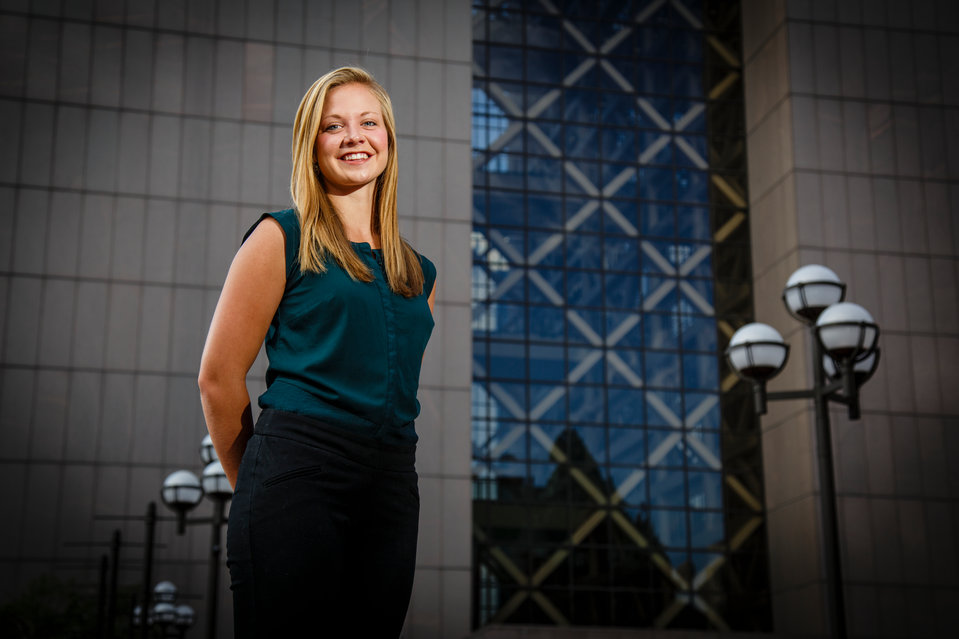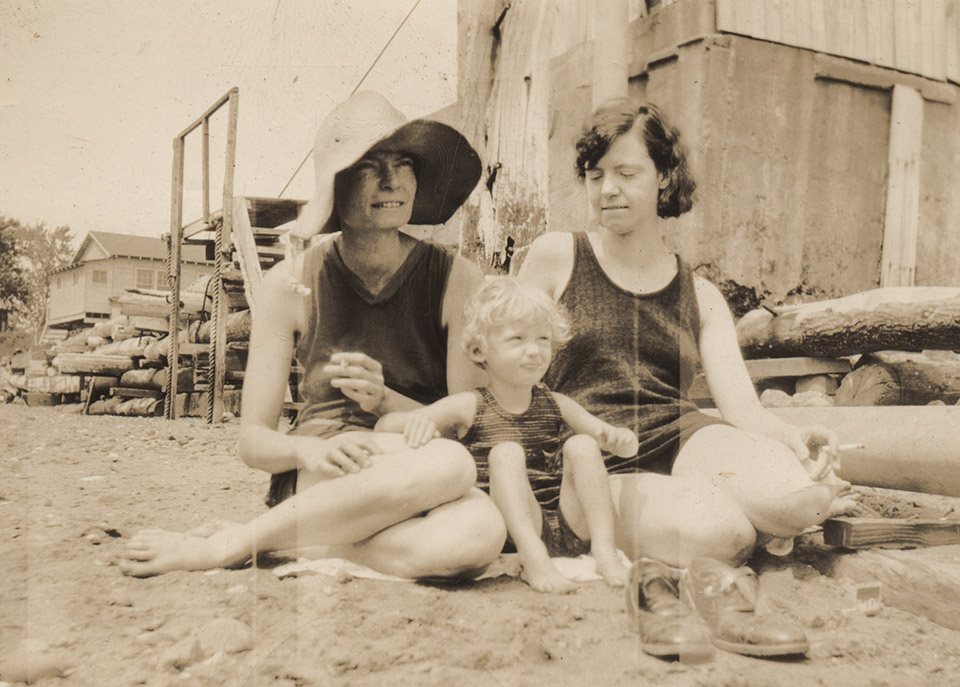“We carry within us a real and painful drama.” These words interrupt a rehearsal scene in Luigi Pirandello’s play “Six Characters in Search of an Author.” Six characters enter the theater. Abandoned by their creator, they seek a new author to continue their storylines – that is, their lives – which, unfinished, have stagnated. Members of a highly dysfunctional family, they have become stuck in their roles, unable to change their narratives, uncertain what happens next.
In 1921 the play was ahead of its time and greeted with astonishment and fear. The depth of its influence on theater, film and television is so great that it’s become invisible. When playwright Alan Berks set out to create a 21st-century adaptation of Pirandello’s 20th-century masterpiece, he moved the setting of the play from a theater to the set of a reality TV show. To refresh the script with contemporary perspectives he sought the insight of people savvy to identity-making and immersed in the new world of unscripted television and social media. In other words, college students.
During the 2015-16 school year,212 St. Thomas students, from first-semester freshmen to seniors, who were enrolled in nine courses across six departments or programs in the College of Arts and Sciences, collaborated with Berks to examine the real and painful dramas they carry within themselves, the roles we play in life and the stories we script about ourselves and others.
Wonderlust Theater Residency
The students in these classes became participants in the Wonderlust Theater Residency, a collaboration between the College of Arts and Sciences, Park Square Theatre and Wonderlust Productions.

St. Thomas English student Samuel Rocha acts in an improv exercise during an English class in the Leather Room in the O'Shaughnessy-Frey Library Center on Oct. 28, 2015.
Wonderlust Productions is the latest venture of Berks and his wife, Leah Cooper, who are both longtime fixtures of the Twin Cities theater scene. (Berks is a member of the Playwrights’ Center’s Workhaus Collective and former director of communications at Pillsbury House Theatre; Cooper is a freelance director, executive director of the Minnesota Theater Alliance and former executive director of the Minnesota Fringe Festival.)
Wonderlust’s mission is to illuminate community stories through live performance, mixing community members from across generations, ethnicities and perspectives. They create plays from stories told by communities, and involve community members alongside professional actors, designers, writers and directors in the productions. Such a mission made for strong connections in the Wonderlust Theater Residency, which is funded by the John Lee Doll Endowment for Theater.
The Wonderlust residency is a multi-phased, cross-disciplinary project that includes students from a wide range of classes: psychopathology; theater; society, culture and the media; family communication; social media in advertising and public relations; intermediate Italian; and literature and writing. The students engage with theater artists in their classes, take acting improvisation workshops with professional actors and observe actors in rehearsal.
Throughout the fall, students in the classes of Carol Bruess (Family Studies), Dina Gavrilos and Michelle Fitzgerald (Communication and Journalism), Jean Giebenhain (Psychology), Shanan Custer and Jo Ann Holonbek (Theater), Nels Berge (Italian), and Amy Muse and Laura Zebuhr (English) participated in the core activity of Wonderlust: story circles. All Wonderlust creations begin with participants telling their stories in
response to prompting questions. Zebuhr found this practice enriched her ENGL121 Critical Thinking: Literature and Writing core course.
“Doing the story circles with Alan and Leah let us learn things about each other that simply would not have come up in our discussions about the texts,” Zebuhr said. “I particularly remember the exercise, ‘Everyone thinks I’m ____ but I’m really ___.’ As we went around the circle, more and more people revealed something like, ‘Everyone thinks I’m shy but I’m really fun-loving/ opinionated/outgoing, etc.’ We were all chuckling about it, and I think it was really nice for the students to realize they had this shared experience of being misunderstood.”
AN INTERDISCIPLINARY ENDEAVOR
Dorothy Heathcote (1926-2011), an English educator who pioneered dramatic inquiry approaches to teaching and learning, knew the value of using theater tools to teach any subject. Students who’ve taken a drama course with me encounter Heathcote’s words at the top of the syllabus: Drama is such a normal thing. It has been made into an abnormal thing by all the fussy leotards, hairdos and stagecraft that is associated with it. All it demands
is that [people] shall think from within a dilemma instead of talking about the dilemma. That’s all it is; you bring them to a point where they think from within the framework of choices instead of talking coolly about the framework of choices. Thinking within a dilemma makes us enter a situation; it demands our imagination and our empathy. That’s why I use theater tools – storytelling, active listening, physicalizing scenarios, roleplaying – in all of my classes, not just the ones on dramatic literature.
“I was a little apprehensive that there would be inappropriate sharing or it would stir up things that could get messy,” Giebenhain admitted with regard to participating in the residency with her PSYC 301 class in psychopathology, a course that centers largely on trauma. But there was no need to fear because “the Wonderlust folks were really masters/models of the process.”
Telling the stories applied beautifully to the course material, but “the best thing that came out of it was community building in class. Even the students remarked on that. They got to know each other in a different/deeper way.” She added, “If I could have them come into every class, every semester, I’d do it in a minute.”
Bruess was equally enthusiastic. “Because at the core of the family communication course is critical examination of the nature and function of family narrative as something that both creates our identities and shapes and reveals the family system, it was quite magical to have the Wonderlust team give us powerful new ways to share and consider – through the story circles activities they facilitated in our class – the ways our families of origin influence who we are today as human ‘actors’ in our lives and relationships. It was a pretty cool experience and a special partnership – one that for sure helped both me and the students think about family and personal narrative in new ways,” Bruess said.
CURTAIN CALL
Elements of the students’ stories – an image here, a phrase there – found their way into Berks’ revision of the script. More than that, the St. Thomas students’ perspectives so enlivened his rethinking of the play that he decided to incorporate them into it. Two students, Annika Wahlquist and Jack Philbin, were cast in newly-created onstage roles as part of the reality TV show tech crew, and several others will record stories – “confessionals,” in reality-show-speak – that will play on monitors in the lobby and onstage during intermission. (COJO recent graduate Shandi Buck is serving as social media intern for the show.)
The last phase of the residency was the production of “Six Characters in Search of an Author (Meets Reality Television)” at Park Square Theatre, which ran April 19-May 8. Two of the performances were specially designed with St. Thomas students and faculty in mind: a preview performance on Tuesday, April 19 included the warm-up act “2 Sugars, Room for Cream,” a two-person comedy starring St. Thomas theater instructor and popular Twin Cities actors Shanan Custer and Carolyn Pool. Berks and Cooper, alongside the students who were involved in the production, presented a montage of the entire yearlong residency on April 26. The following evening Dina Gavrilos and I joined the director and cast for a talkback about the theater residency at St. Thomas.
Collaborative learning has been the heart of the Wonderlust residency. Through storytelling and improvisation, students gained insight into their
coursework, their classmates, and themselves, and helped playwright Berks breathe new life into a classic play.
